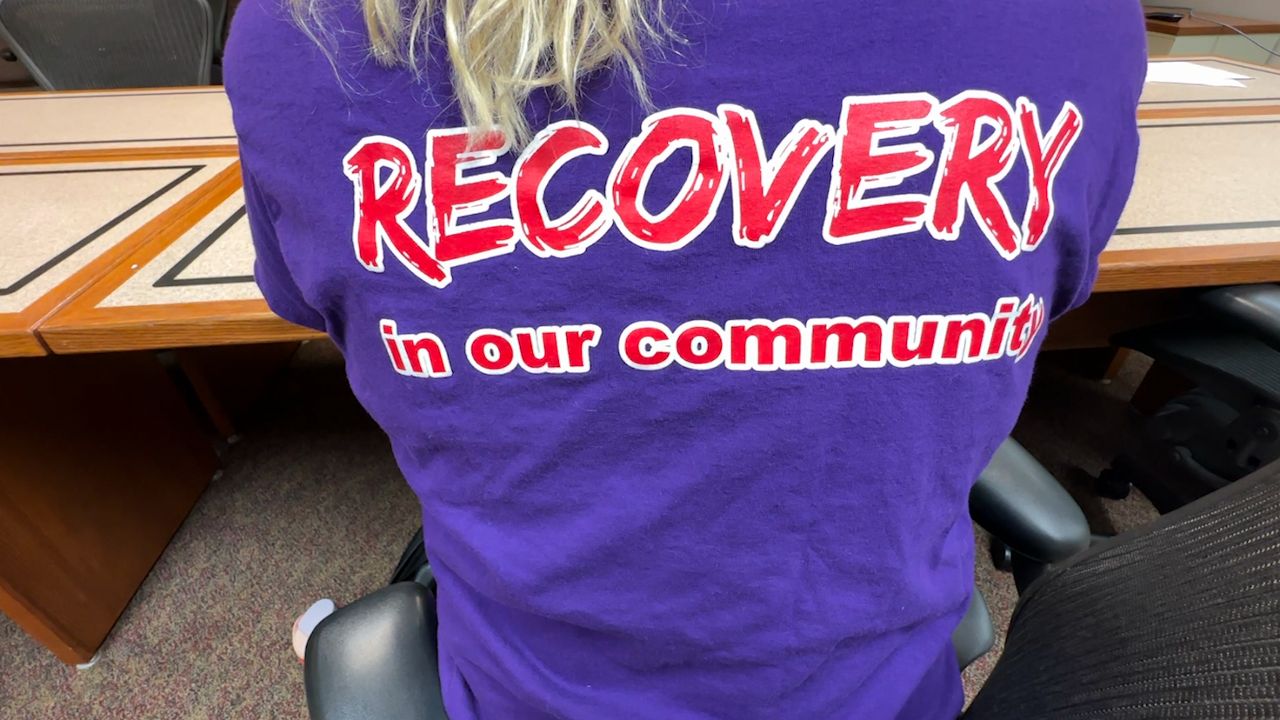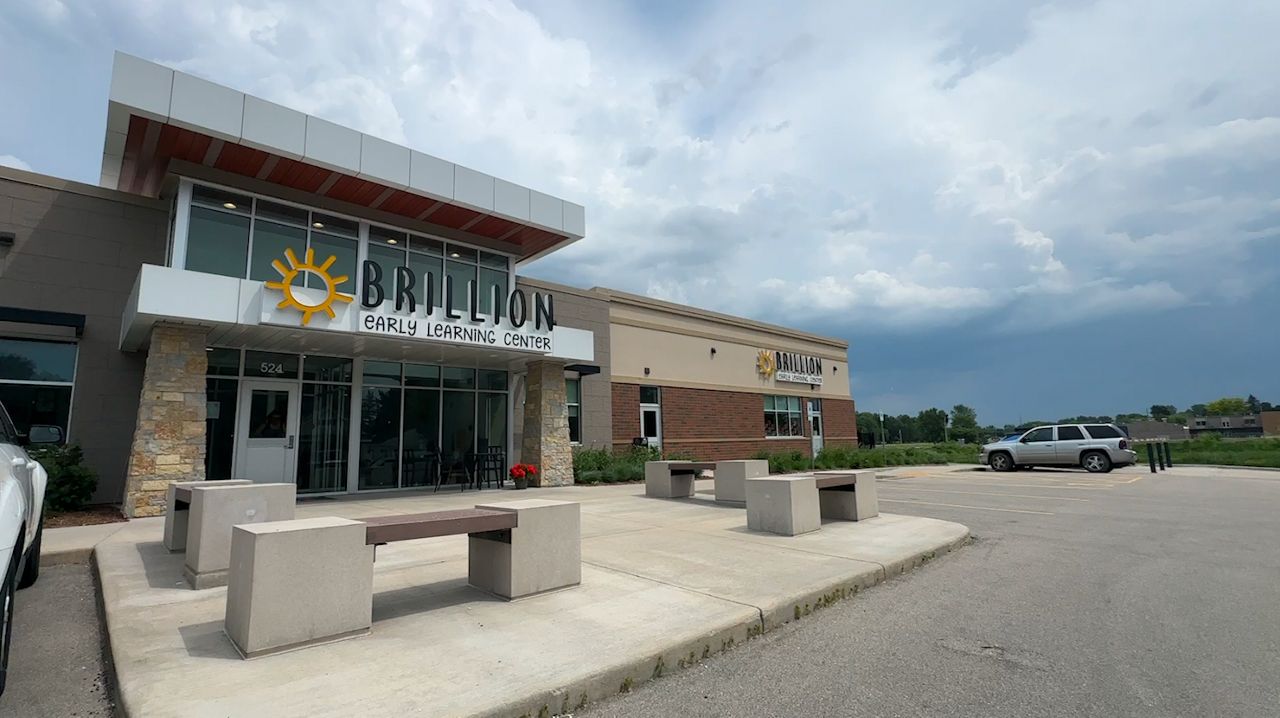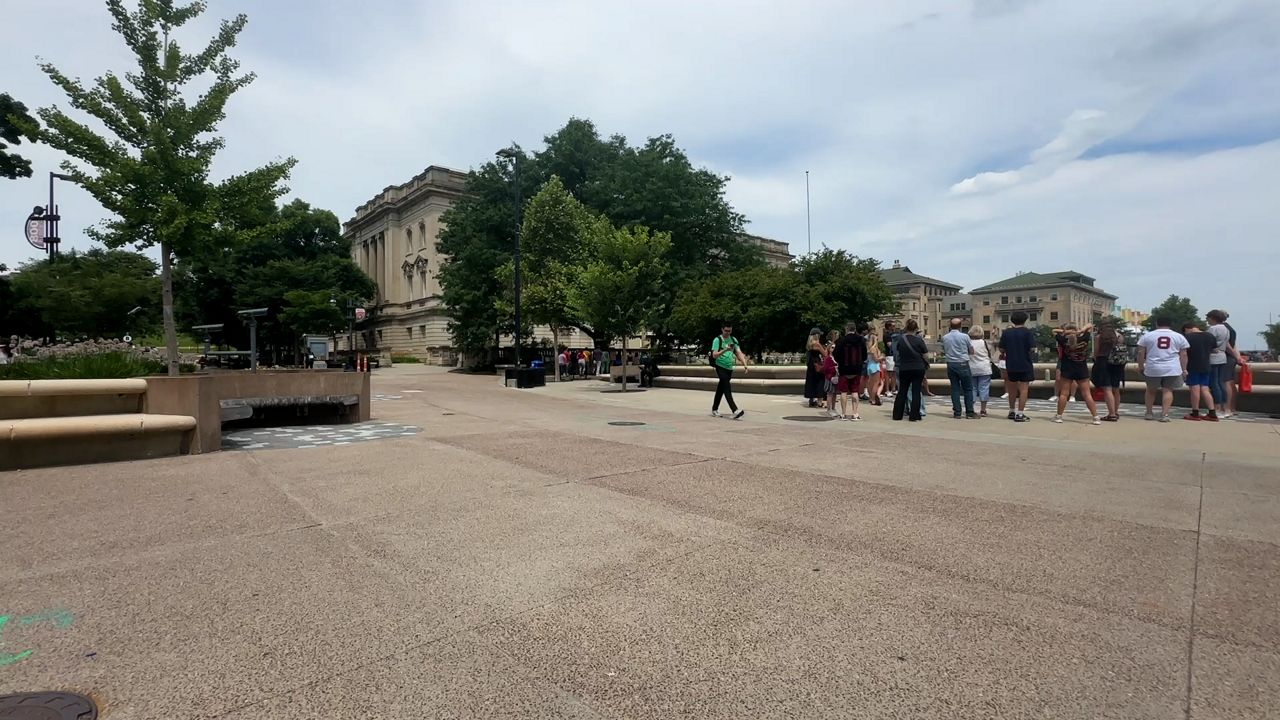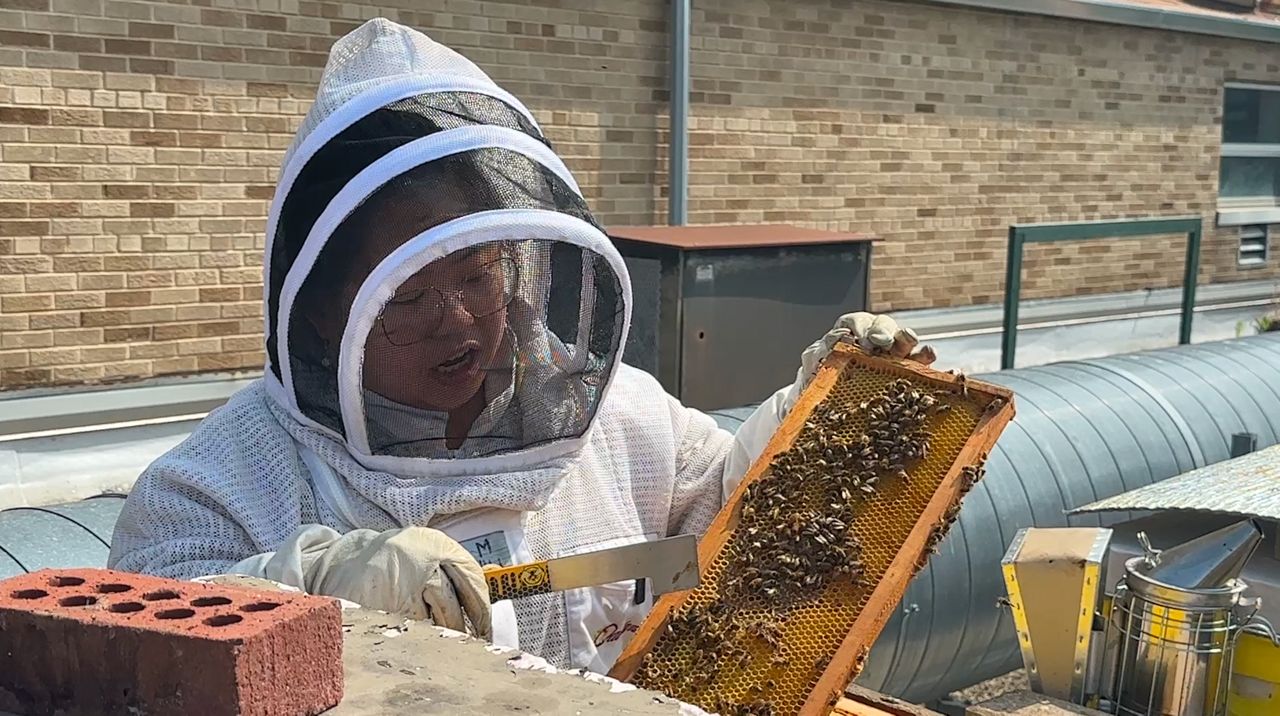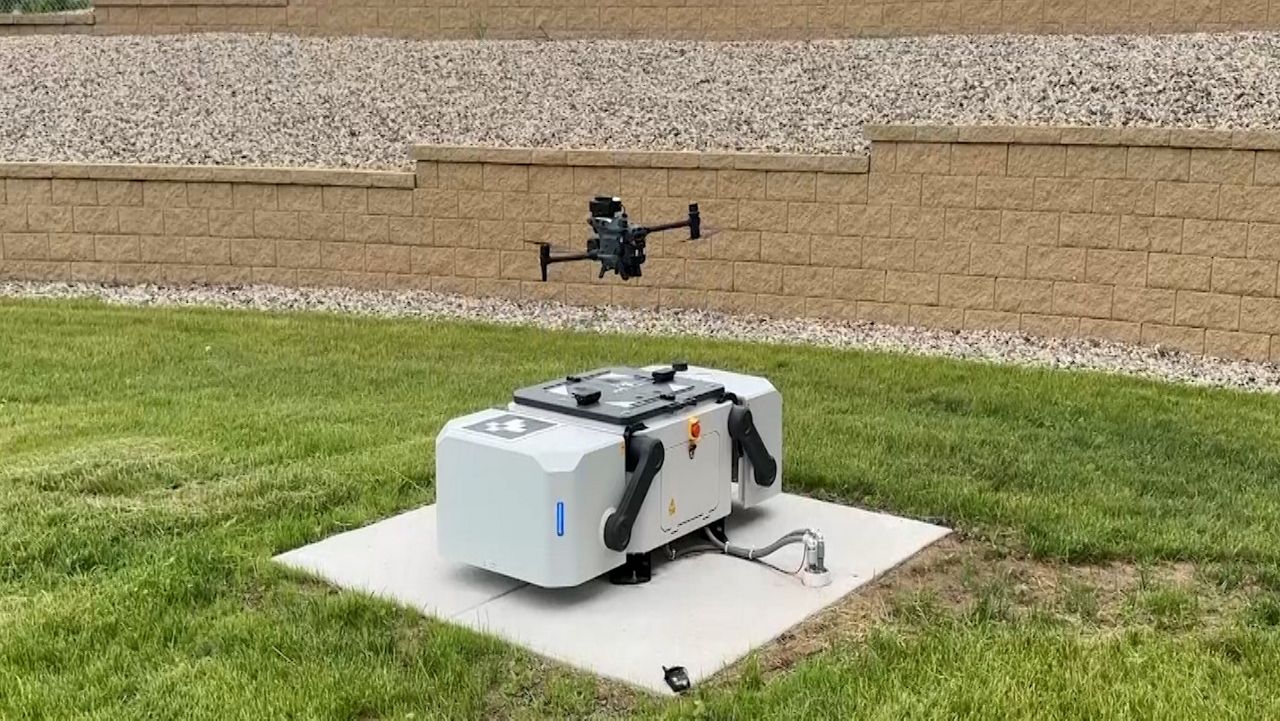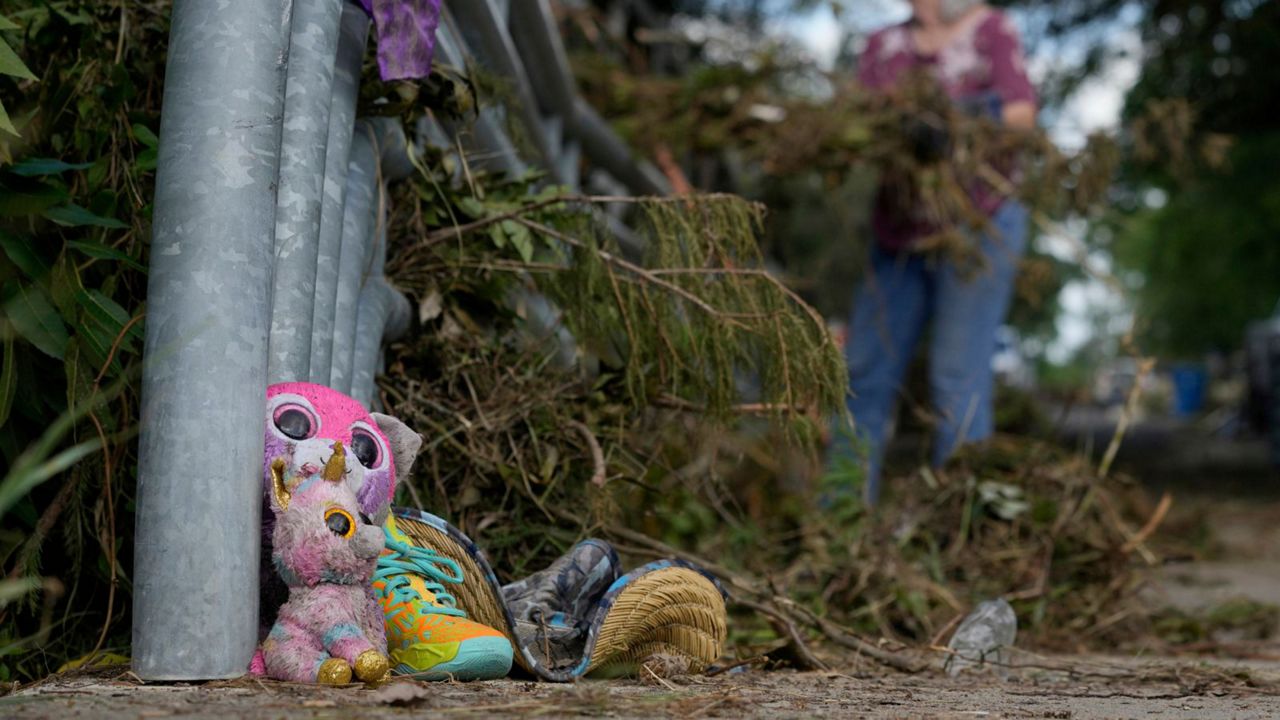OSHKOSH, Wis. — Jennifer Skolaski looks with optimism at a 49% decrease in the number of overdose deaths in Winnebago County.
She credits that to 35 partner agencies addressing the issue.
“It may be a police officer that stops someone who sees them many times and says, ‘Are you OK? I’ve seen you a lot. Are you doing OK?’” said Skolaski, the project manager of the Winnebago County Overdose Fatality Review Team. “It could be a public health provider. It could be a doctor or a nurse talking about addiction in a different way that when someone is ready to get help, they’re getting the help that they need.”
The county saw the number of deaths drop from 47 in 2023 to 24 in 2024.
“That excites us and motivates us that what we’re doing is working and we are presenting overdoses from happening,” Skolaski said. “That also doesn’t mean next year might not be bad, especially when we’re looking at the federal level, all the funding cuts that are happening, that’s going to directly impact us locally.”
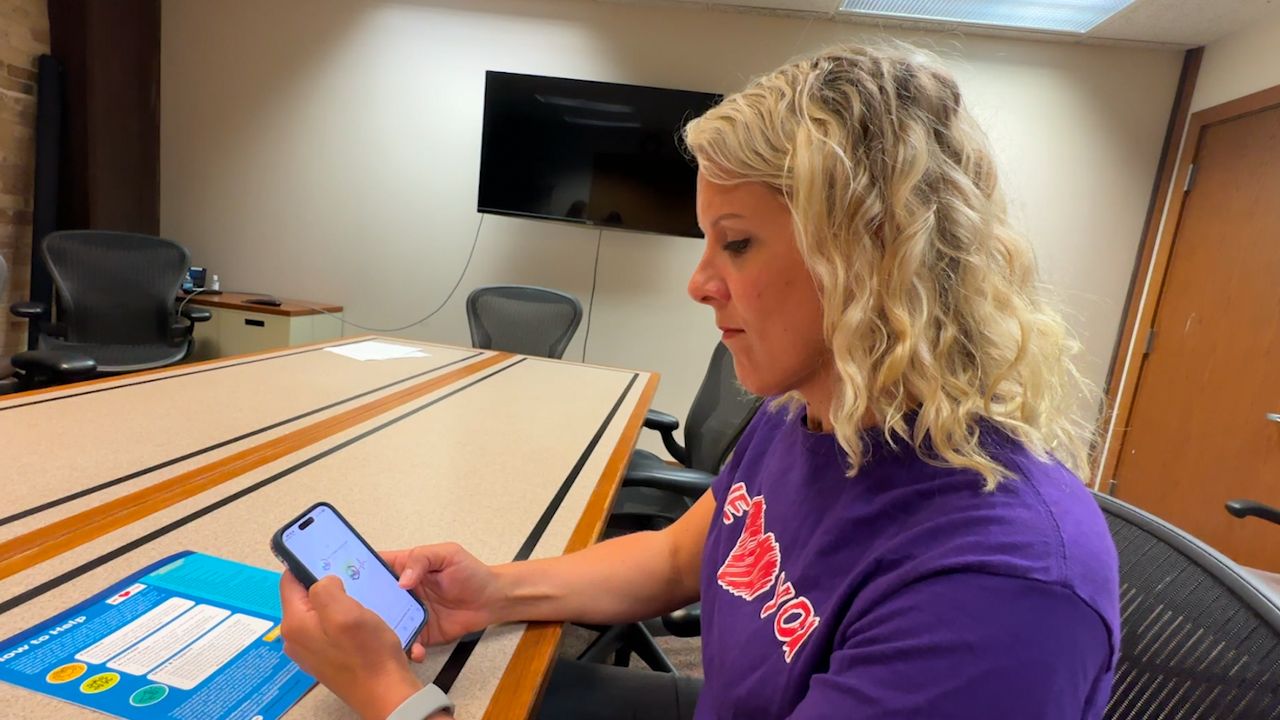
Recent numbers from the Centers for Disease Control and Prevention show a 27% reduction in the number of overdose deaths nationwide.
In Wisconsin, that number is down almost 35%.
A pair of public health vending machines and an app to find recovery resources in three counties are some of the tools being utilized in the community.
“All of the items in the vending machine are in brown boxes. Regardless if you’re getting feminine hygiene products, a basic need kit or Narcan, it all looks the same the same coming out of the vending machine,” said Maddie Breager, a community health strategist with Winnebago County Public Health. “It’s really trying to decrease that stigma of someone who needs these tools.”
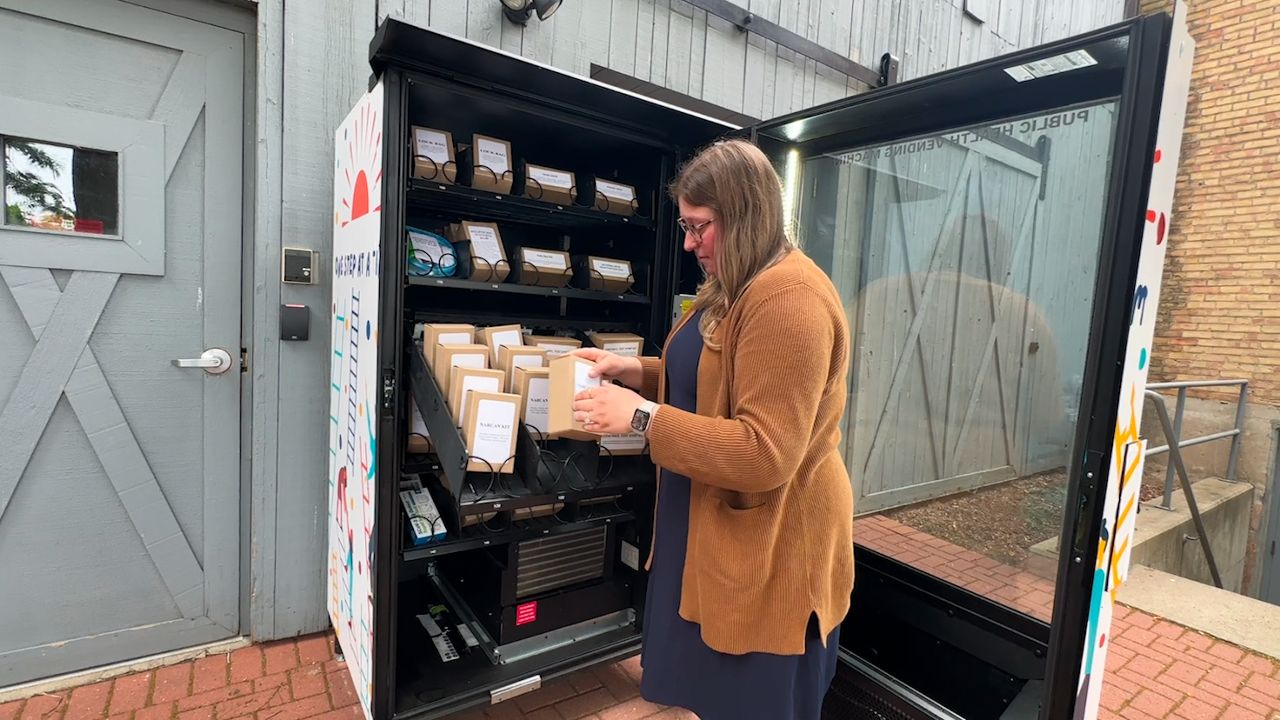
She said part of the longer-term effort is destigmatizing addiction.
“Substance use is a disease, and we need to continue to look at that and see it as that. We need to continue this fight,” Breager said. “Until we have all those overdose deaths down to zero, stigma is still going to be a factor.”
As it moves forward, the team said it is focusing on preventive measures and connecting kids who fall through the gaps with care.
“Obviously, I’m extremely happy with how much progress we’ve made, but I still focus on those 24. Those are 24 families. So many families and friends who are struggling from grief of losing that person,” Skolaski said. “Until it’s zero, we’re probably never going to be satisfied.”
